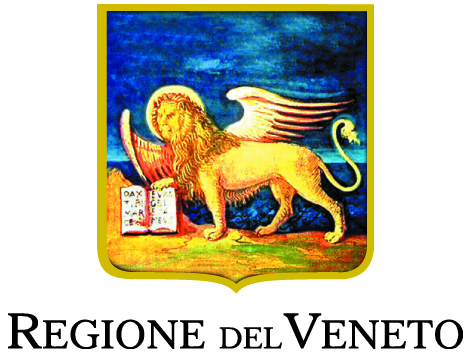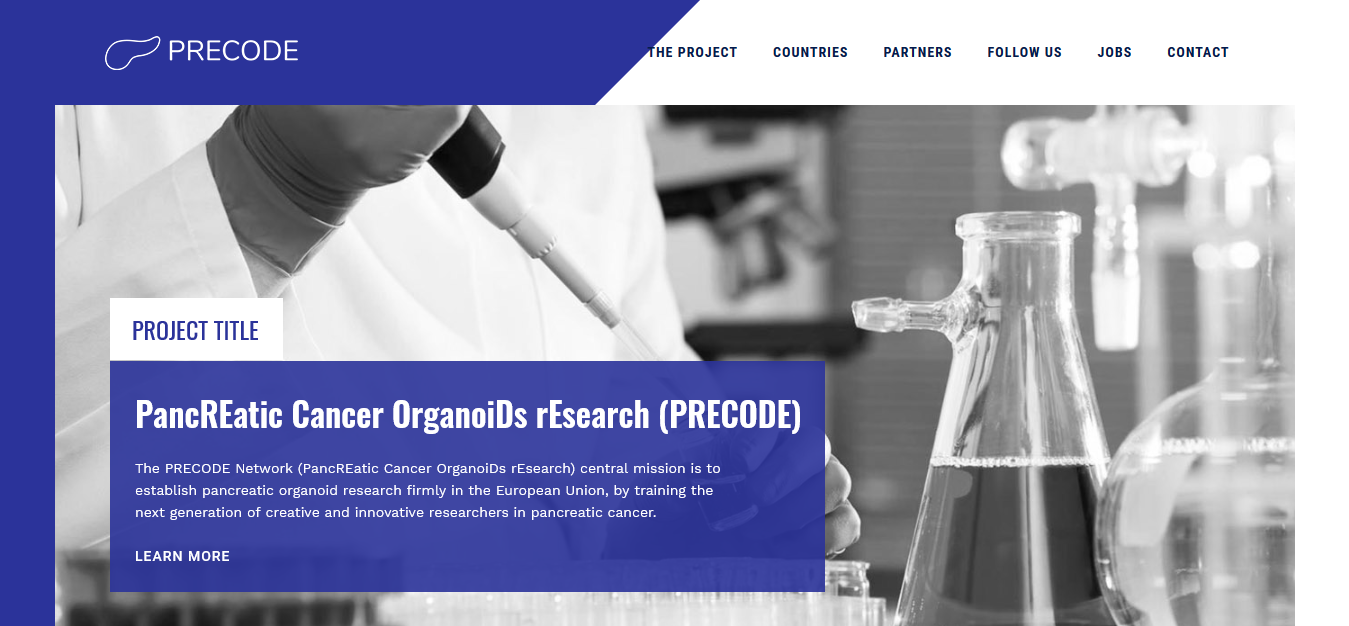 News
News
The EU project PRECODE, funded by the Horizon 2020 Programme, has launched a call for applications for 14 PhD positions on pancreatic cancer. One of them will be at the University of Verona, within the research team led by Dr Vincenzo Corbo.
The call for applications is published on the PRECODE website and applications will be accepted until 2/12/2019 23:00 (Central Europe Time).
What’s PRECODE
PRECODE (PancREatic Cancer OrganoiDs rEsearch) is a network involving 24 universities, SMEs and patient advocate groups from 9 countries, who have designed a specific training and research programme for the next generation of creative and innovative researchers in pancreatic cancer.
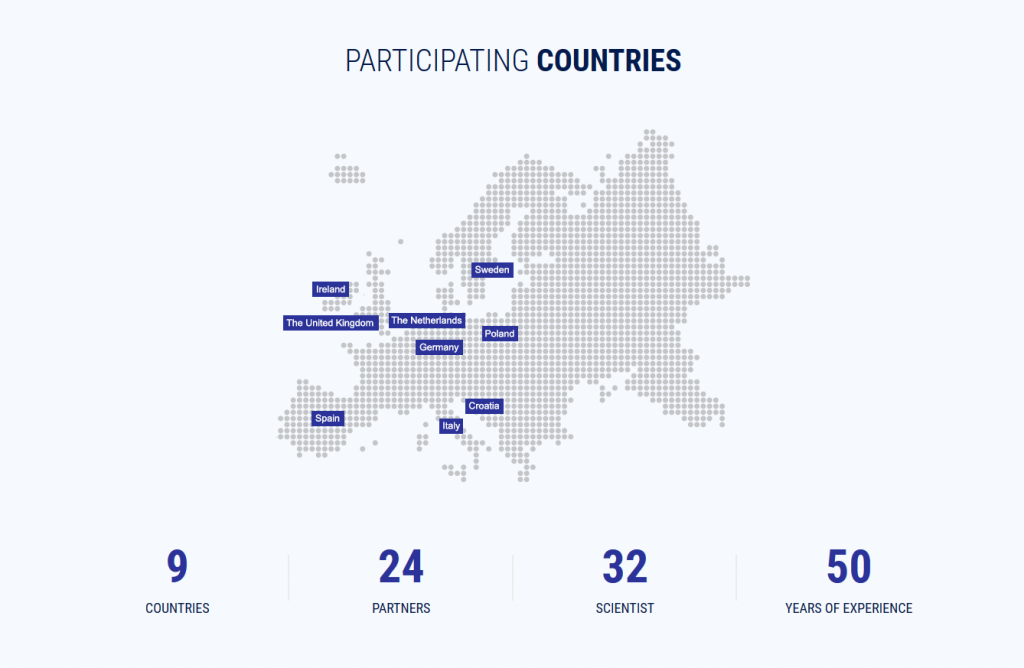
This Innovative Training Programme is a Marie Skłodowska-Curie Action funded by the European Union’s Horizon 2020 Programme.
PRECODE is focused on the use of organoids in the investigation on pancreatic cancer, combined with cutting edge molecular biology techniques.
Organoids can be viewed as “micro-organs” which can recapitulate the organization and the function of one organ. As micro-organs, organoids can be used to reduce animal experiments, in accordance with the 3Rs principles. Indeed, researchers are required to replace animal experiments whenever possible, to reduce them, or at least to refine and improve the methods and treatment of the animals.
Organoids from pancreatic cancer will help us to learn which drugs might help in the therapy of this terrible disease. They can be isolated from a variety of clinical sources with minimal material needed. This makes them a perfect tool for precision medicine.
Sequencing, metabolomics and high throughput in vitro experiments to deduct the best possible drug combination fit hand in glove with this approach.
Who can apply
Candidates must meet the following requirements:
1. Education Level: They must have a Master Degree or equivalent degree in Life Sciences that grants access to PhD programmes
2. Research Experiences: At the time of recruitment, they must not have already a doctoral degreeand they must have less than 4 years (full-time equivalent) of experience in research. The experience in research is calculated from the date when they obtained their first degree which formally entitles them to embark on a doctorate.
3. International mobility: They are required to move from one country to another one when taking up the appointment. More precisely, researchers must not have resided or carried out their main activity (work, studies, etc.) in the country of their host organisation for more than 12 months in the 3 years immediately prior to their recruitment. Short stays, such as holidays, are not taken into account.
4. English language: They must be able to fluent in written and spoken English, to the get the full benefit from the network training.
How to apply
Applications must be submitted through the on-line form on the PRECODE recruitment webpage. Each candidate can apply for a maximum of three specific positions and list their order of preference
The application should include:
- an up-to-date CV in europass form
- a cover letter that describes the applicant’s motivation to apply to the Program (max. 1 page), and
- the contact details of at least two referees.
The deadline is on 2/12/2019 23:00 (Central Europe Time).
All recruitment (pre and final selection) is in line with the European Charter for Researchers, providing the overarching framework for the roles, responsibilities of both researchers and employers. The Code of Conduct for the Recruitment of Researchers functions ensures that the selection procedures are transparent and fair.
All details concerning the recruitment procedure principles are communicated on the on-line application portal.
The position at the University of Verona
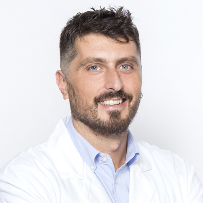
One of the available PRECODE positions will be at the Department of Diagnostics and Public Health of the University of Verona and University Hospital of Verona, within the group of Dr. Vincenzo Corbo (vincenzo.corbo@univr.it).
The University Hospital of Verona is a well-recognized referral center for the treatment and the study of pancreatic diseases, and the hosting institution will grant the candidate access to the materials and know-how necessary to conduct the research activity.
The laboratory studies the molecular determinants of pancreatic cancer progression and molecular subtype specification. Our overarching goal is to better understand how cellular plasticity and intratumor heterogeneity contributes to progression of the disease and therapeutic resistance. We use experimental models of the disease, ranging from monolayer cell cultures to mouse models, and perturbation analysis to identify key processes in pancreatic cancer.
The successful applicant will learn how to isolate, cultivate and characterize both patient-derived organoids (PODs) and cancer-associated fibroblasts (CAFs). He or She will establish PDOs representative of the different molecular subtypes of pancreatic cancer and study their interaction with CAFs. He/She will subject both PDOs and coculture of PDOs and CAFs to pharmacological treatment to establish resistance/sensitivity of the culture. To understand mechanisms of resistance to a given compound, and specifically the contribution of cell plasticity to this phenomenon, the candidate will avail of single cell sequencing analysis organoids.
Recommended Posts
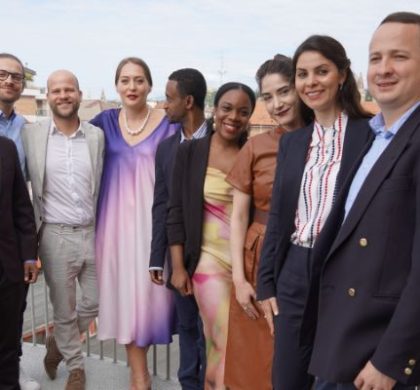
Pictures and video from the INVITE final event
26 Sep 2022 - News
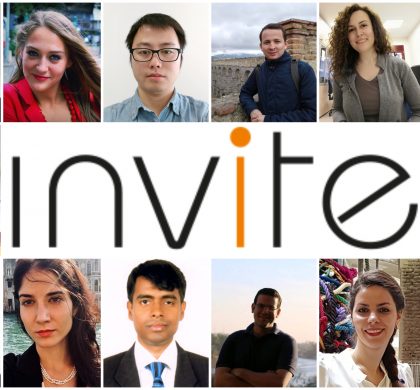
Few days to the final event of INVITE
19 Sep 2022 - News
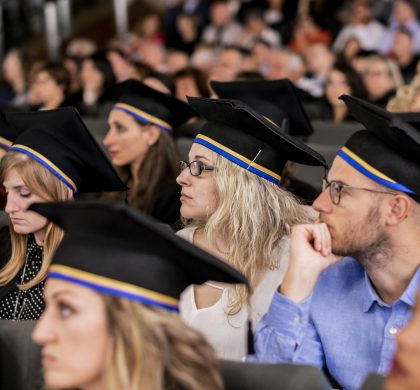
The INVITE final event is almost ready
02 Aug 2022 - News


